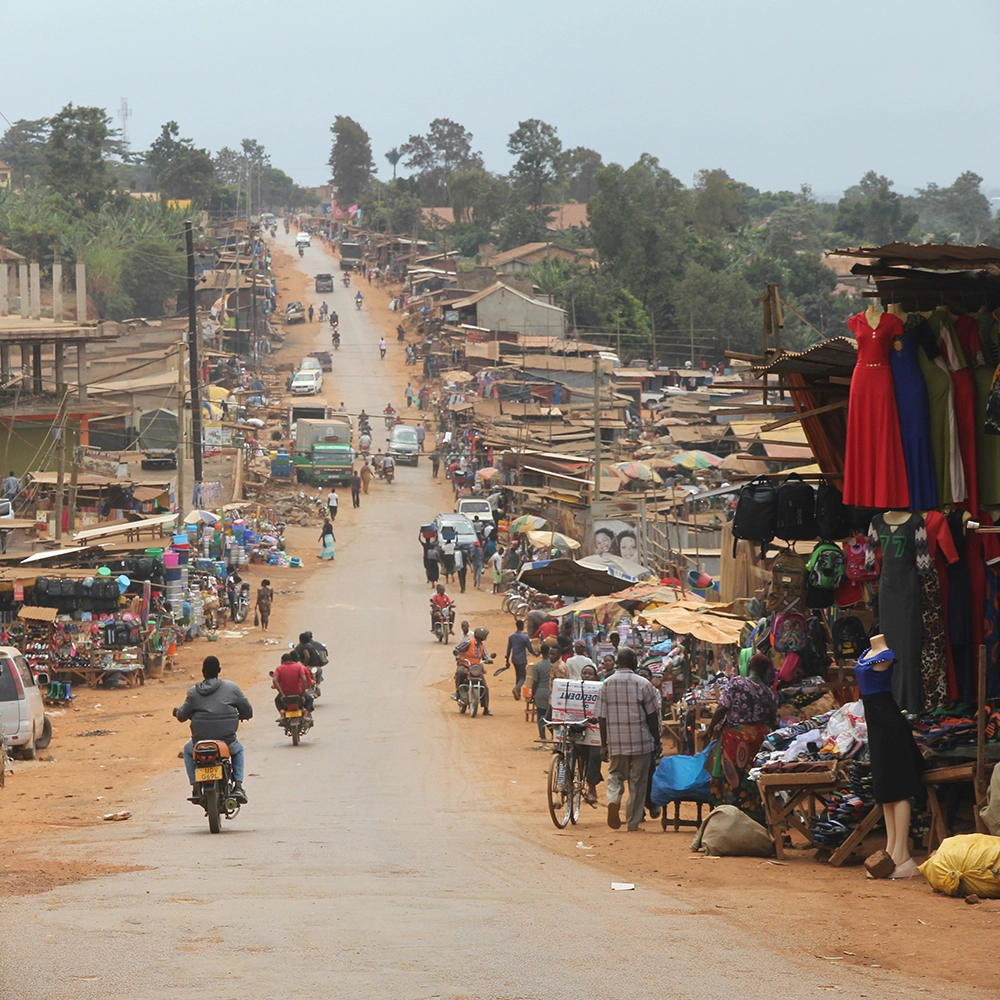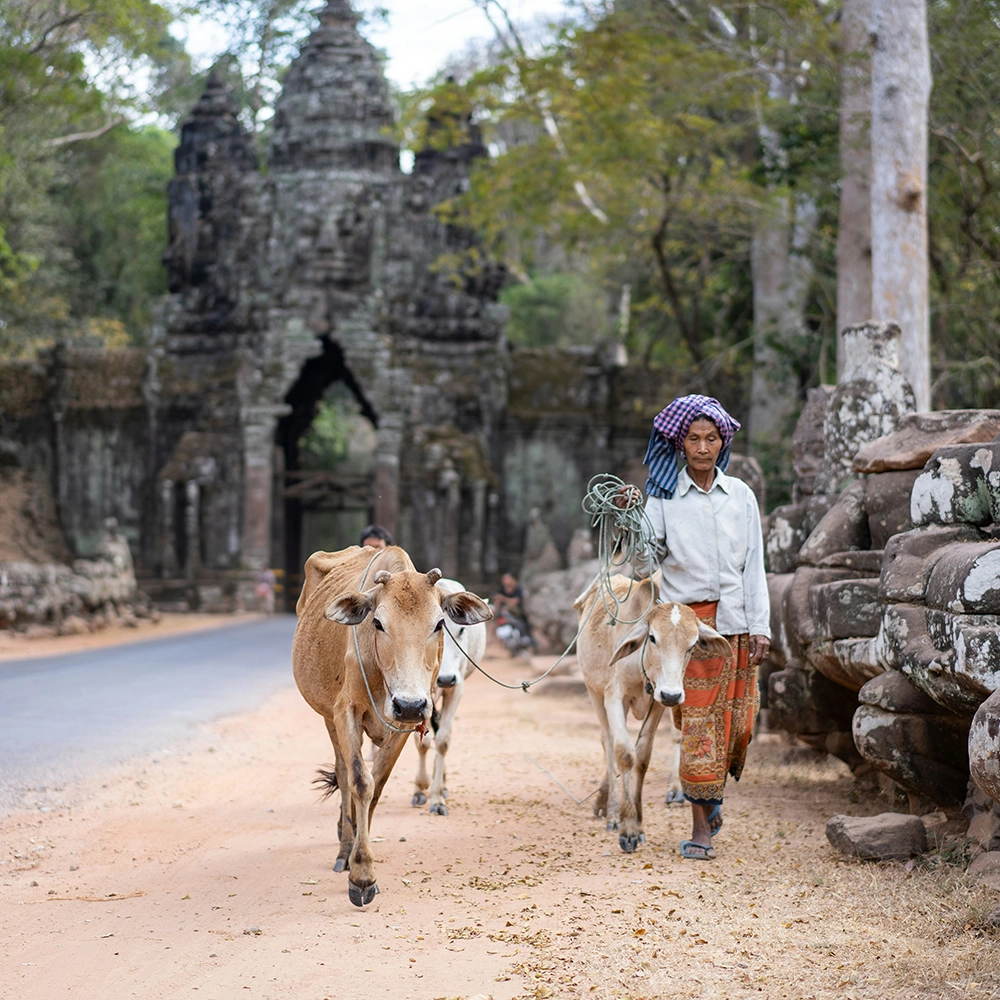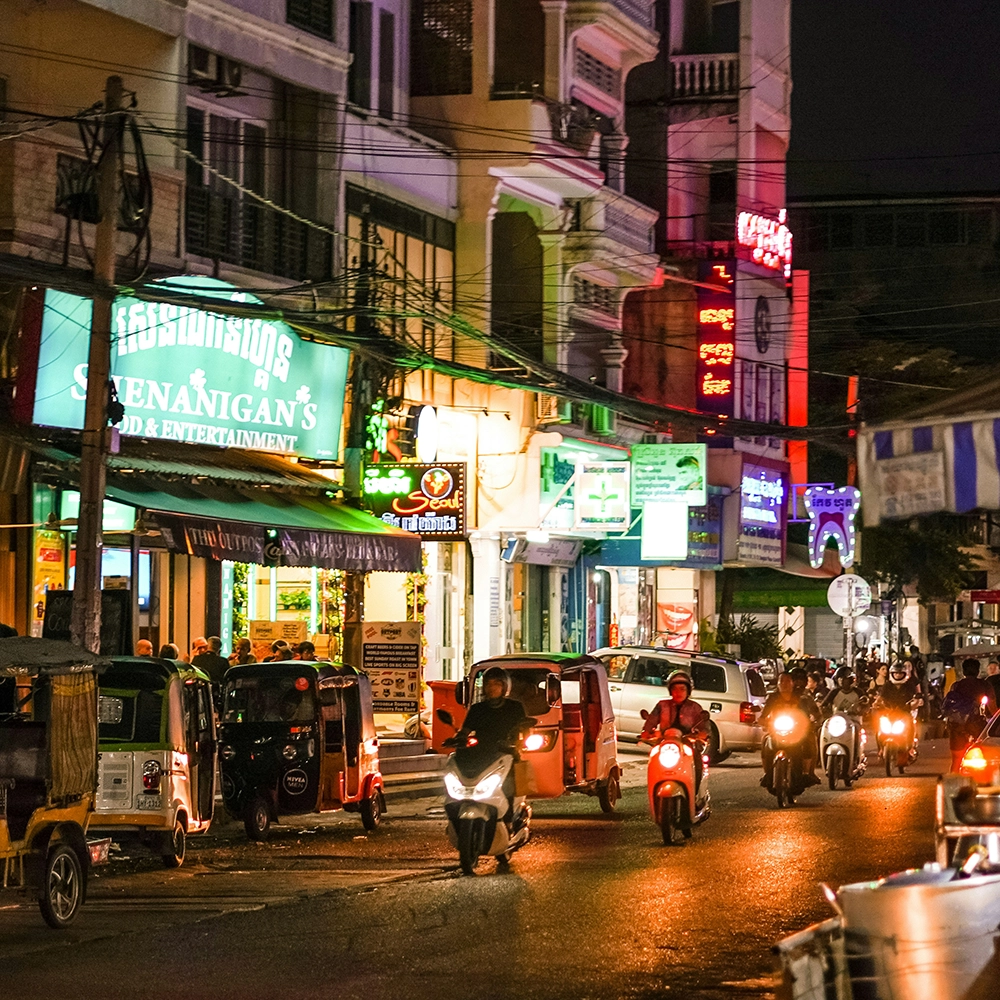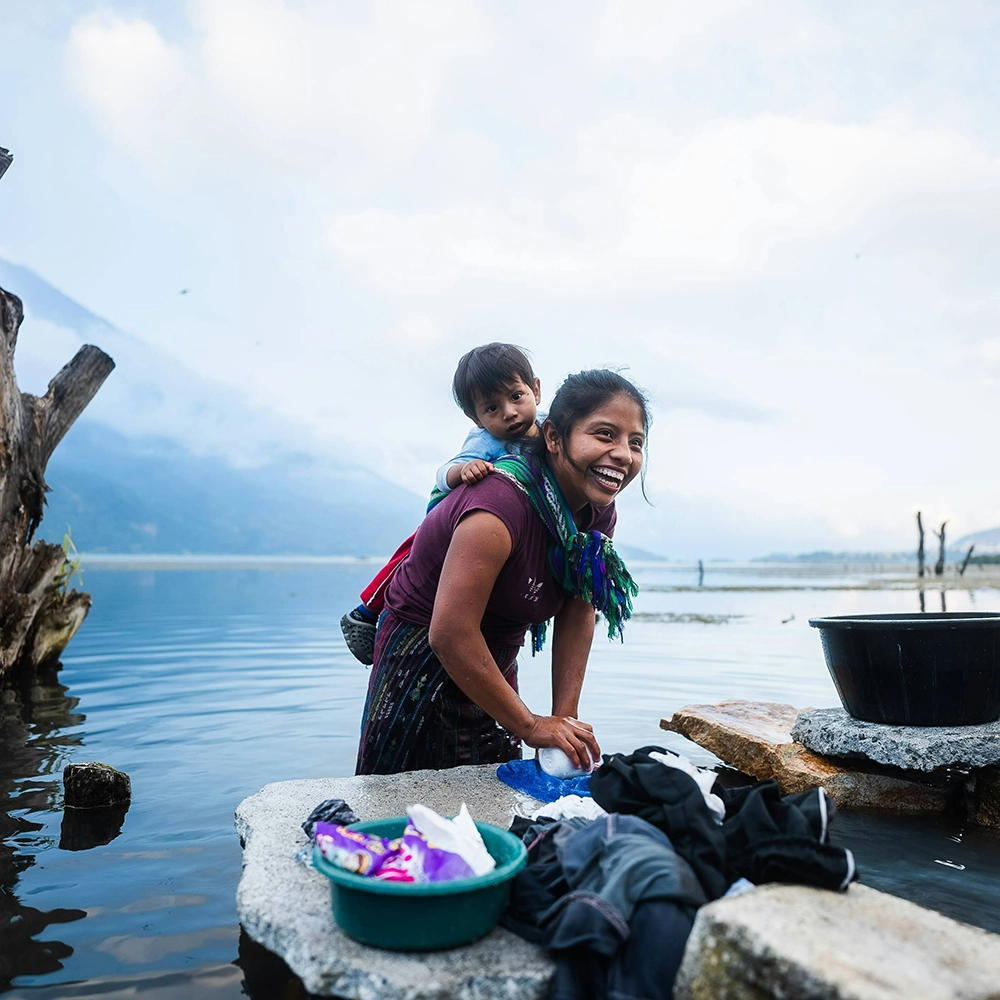When deciding between First World and Third World travel, ask yourself some questions:
- Do you prefer paper, plastic, or banana leaf?
- Do rural scents instill in you a feeling of poetic wistfulness or concerned aversion?
- Would you like your hotel to take major credit cards, or do you prefer a living arrangement with a less formal method of payment?
- Would you prefer your taxi driver to have a license or to just be a guy with a horse and cart headed in the same direction as you?
If you answered truthfully, I think you know whether you call in the category of a First World or Third World traveler.
But what does that even mean? And if you’re drawn to banana-leaf bags and the aroma of farm animals on a brisk morning breeze, where are you headed on your next adventure?
Isn't “Third World Country” an Outdated Term?
Yes, there is frequent and ongoing debate about the politically correct term for “Third World countries.” Alternatives include terms like Developing and Developed countries, LICs (low-income countries) and MICs (middle-income countries), and Global South and North.
I prefer Third World to Developing. Calling parts of the world “developing” countries implies that a specific, ethnocentric goal — an industry-driven market with heavy investment in infrastructure — is something “underdeveloped” countries should be moving toward.
I acknowledge that each of these terms is problematic in various ways, so for our purposes, I have chosen to use “Third World.”
What’s the Difference Between First World and Third World Travel?
First and Third World designations came into being during the Cold War. You had First World countries with capitalist global markets and Second World countries with communist global markets. Everyone else essentially became a Third World country. The terms usually differentiate between degrees of Westernized infrastructure and socioeconomic development.
Canada, Sweden, Australia, Singapore, Japan, France, and Italy typically fall into the list of First World countries. Countries like Haiti, El Salvador, Bolivia, Papua New Guinea, and Uganda usually fall under the Third World definition.
But where do places like Panama, Morocco, Argentina, Mexico, and Greece fall? Depending on who you are talking to and what they are trying to say, these countries could go on either list.
And that’s why relying on economics as a designation is tricky. While the economy can be a key distinction between countries, it’s not the only way to look at a nation.
Perhaps a better way to identify the differences between countries is by what it’s like to travel there, when we immerse ourselves in our host’s culture and community.
Why I Travel to Third World Countries
Astute readers may already suspect my own bias on the matter. The Third World is my particular forte.
It's the Third World countries — países del tercer mundo — where I've experienced a lifetime of encounters with the new and unexpected. Trips to the Third World are the travels that awakened me to new understandings and challenged me in shocking and humorously absurd ways.
For every raccoon that's mauled me in Guatemala, there's been a family in the Philippines who has welcomed me into their home and made me their newborn daughter's godfather. And while only one of these incidents left me scarred, I value them both the same.
After decades of traveling through Latin America, Asia, Africa, and beyond, here are three reasons I keep going back.
1. Price
Although economics isn’t everything, one of the biggest attractions of traveling in the Third World is the price. Aside from the ticket to get there, you can have the adventure of a lifetime for the price of an American paycheck.
In Third World countries, you can travel well and far on a little. For example, once you arrive in Mongolia, you can buy a horse for $500, travel across the country on it, and stay and eat with nomads for a few dollars a night. You could never do this in England, so don't even try!
At the low-price end of the less-developed world, private rooms start at $5 per night. Full meals are scarfed for $1. Luxurious hotel suites with butler service come at the same price as one night in a lackluster First World motel room.
If cost is your biggest concern when planning a trip and you aren't afraid of the sparse side, then the Third World is the place for your adventures to unfold.
A quick note about traveling responsibly before moving on: When traveling in Third World countries, be conscious of the ways you wield the power of privilege, whether that be with money, your ethnicity or gender, or any other characteristic you embody as a visitor. Be actively aware of how to exercise your privilege in an ethical way that appreciates and pays tribute to the culture you are visiting.
2. Predictability
When the bus runs a few minutes or hours late, do you stand around tapping your feet to the rhythm of your own restless anxiety? If the restaurant runs out of goat brain soup, are you willing to substitute deep-fried pig ears?
If you answered "yes" and "no, gross!", respectively, then the First World — land of predictable outcomes — is more for you than the Third World — an erratic land of uncaged strangeness.
For Type A personalities who like to have a set plan in place and see that plan carried out accordingly, the First World is where you can have your itinerary play out to its intended tune.
But if you find the unpredictable enticing and consider sharing the bus ride with goats and Peruvian mukis a positive addition to your trip, then the less predictable outcomes of Third World countries will be more your speed.
3. Hospitality
Never once walking the streets of Iceland did someone exit their house to usher me in for dinner. In rural Kenya, this occurred twice.
Never on a First World bus did the family next to me issue an invitation to stay the week with them. But on the way from Chile to Peru, I made an unexpected week-long detour to Lima to live with a wonderful family who fed me guinea pig and potatoes.
At a university in Amsterdam, I was invited to sit in on a cross-cultural communications class. And at a school in Havana, teachers invited me to a classroom after hours to drink rum and dance salsa.
I could add a dozen more anecdotes to the list, but the gist of it is that the Third World can be more open and embracing of foreigners than much of the First World. Locked into busy modern lives, the developed world by and large ignores the out-of-towners rolling through. This is not the case in countries where life is focused on family and fun instead of "Family Guy" and funds.
In my experience, “Third World” countries win first place in the hospitality awards.
What Is the Safest Place to Visit?
If it’s tough to pin down what countries are considered Third World, then it’s even tougher to answer if it’s safer to travel in the First World or Third World. This is sort of like asking if it’s better to be locked in a cage with a tiger or a bear. You can't answer this unless you know the tiger and bear in question.
Safety in countries is on a case-by-case basis. Each has its own set of dangers and threats.
Guatemala is dangerous if you find yourself in Guatemala City with the wrong crowd on a bad night. But if you're enrolled at a yoga school overlooking the peaceful shores of Lake Atitlan and live with a local family that goes to bed by 9 p.m., you could live a lifetime without incident.
In the most general terms, you can travel just as confidently in the Third World as the First World if you do your research, take precautions, and make good decisions. There are more pickpockets in Berlin than all of Belize. I'd feel safer in a back alley of Havana at 3 a.m. than on Broadway in NYC. While El Salvador has a reputation for guns, the only place I've had one pulled on me was in the suburbs of Minneapolis.
Don't take this as a license to go anywhere without thinking about safety. Safety is always your primary concern. When you put in the time to research a place — be it First or Third World countries — you'll come away with an understanding of what you're up against and what you need to do to keep yourself on the right side of all right.
Do I Need Travel Insurance for Travel to Third World Countries?
When traveling in Third World countries, you might not have much in the way of prepaid trip expenses that you need to insure. However, you will be putting yourself at significant risk if you don’t protect yourself with travel medical insurance for international trips.
For starters, your health insurance at home isn’t likely to cover you abroad. That means that the payment for any medical care you need during your trip, whether for a minor illness or a major injury, will come out of your own pocket. Get travel medical insurance before your trip, though, and those expenses could be covered at little to no cost for you.
Second, travel to Third World countries does come with additional health risks. Diseases such as malaria can be more common. Just ask Alysan, who had to be evacuated from Ghana.
And finally, if you do get sick or hurt during your trip, you don’t want to put unnecessary strain on your host country’s resources. This is part of traveling responsibly. Travel insurance can make sure that hospitals and doctors get the payment they need to deliver care to you and the people who live there. And if you need to be evacuated, you aren’t reliant on a healthcare system that might already be strapped for resources.
Be a smart and ethical traveler, and purchase travel medical insurance before your next trip.
Contributors
Luke Armstrong was the lead writer. Becky Hart contributed additional reporting, fact checking, and editorial assistance.




